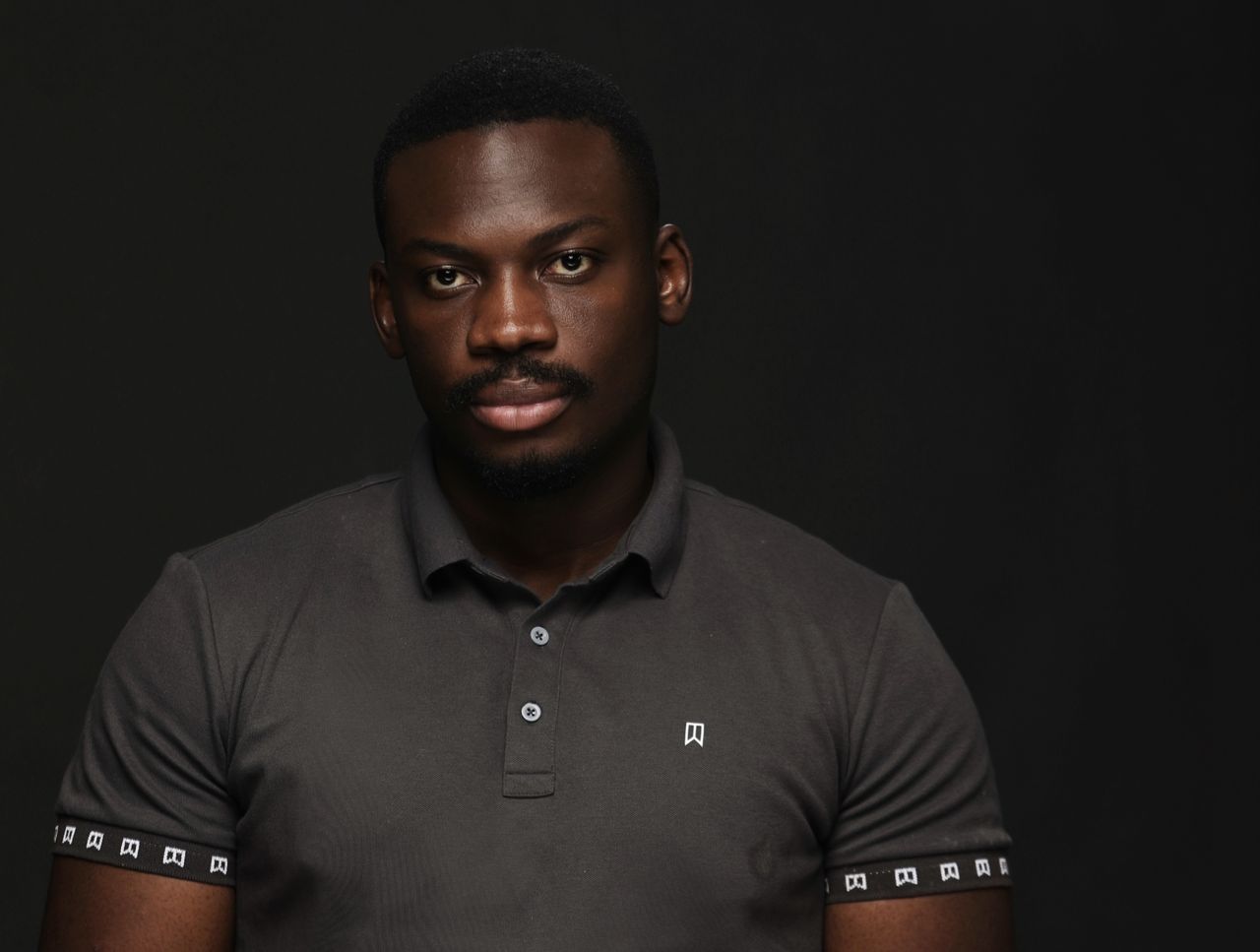
Tackling Monetization Barriers in Kenya’s Creator Economy » Capital News
By David Akinfenwa
As Kenya steps up efforts to position itself within the global digital economy, increasing attention is being paid to how local content creators can earn from their work. Ongoing conversations between the Kenyan government and major social media platforms such as TikTok and Meta are aimed at creating more avenues for young creators to monetise their content.
Mary Kerema, the Secretary for ICT, e-Government, and the Digital Economy, has said the initiative supports Kenya’s strategy to generate new job opportunities for the youth, especially through digital platforms, according to Tech in Africa.
But while these developments are encouraging, they also highlight the persistent challenges African creators face in accessing fair and equitable monetisation opportunities on global platforms.
In August 2023, President William Ruto announced that Kenya had reached agreements with platforms including YouTube, X (formerly Twitter), and Facebook to support monetisation for Kenyan content creators. Following this, Meta introduced In-Stream Ads and Ads on Facebook Reels for Kenyan users, allowing eligible creators to earn from videos and reels.
TikTok, however, is yet to offer comprehensive monetisation tools for African users. Kenyan creators can currently earn through features like live gifting and brand deals, but remain locked out of formal programmes like the TikTok Creator Fund, which are available in markets such as the United States and Europe.
This disparity underscores a broader issue: African creators contribute significantly to the global content ecosystem but are often denied access to the same earning opportunities as their peers in other regions.
Homegrown Solutions for African Creators
To address these gaps, African entrepreneurs are developing local platforms tailored to the continent’s unique creator economy. One such platform is Selar, a Nigerian-founded digital commerce solution that expanded into Kenya in August 2024. Selar enables creators to sell digital products—including courses, e-books, music, and art—directly to their audiences, eliminating the need for algorithm-driven eligibility or approval.
“Monetisation shouldn’t be a privilege reserved for the top 5% of creators,” says Douglas Kendyson, founder and CEO of Selar.
“What we’re building is a platform that puts the power in the hands of the creators themselves—whether they have over 10,000 followers or just 100. Today we have over 11,000 Kenyan creators using Selar. We’re seeing authors, content creators, fashion stylists, educators, musicians, and comedians earn from their craft by offering paid content directly to their audiences. It’s about turning creativity into commerce—without waiting for permission.”
Kenyan creators like singer and entertainer Victoria Kimani, and personal finance coach Juliet Odhiambo, are among those leveraging Selar not just to build audiences, but to build viable digital businesses.
As Kenya continues to engage global platforms on fairer monetisation terms, the emergence of homegrown solutions like Selar offers a powerful complementary path. These platforms provide creators with direct, sustainable income streams and help close the gap between African and global creator economies.
“As we continue to scale Selar across Africa, our goal is simple: to give creators the tools and infrastructure they need to thrive independently,” said Kendyson. “The future of the creator economy on the continent lies in empowering local talent with local solutions. But we can’t do it alone. It will take collective action—from policymakers, private investors, and the broader ecosystem—to truly unlock the potential of Africa’s creator class.”